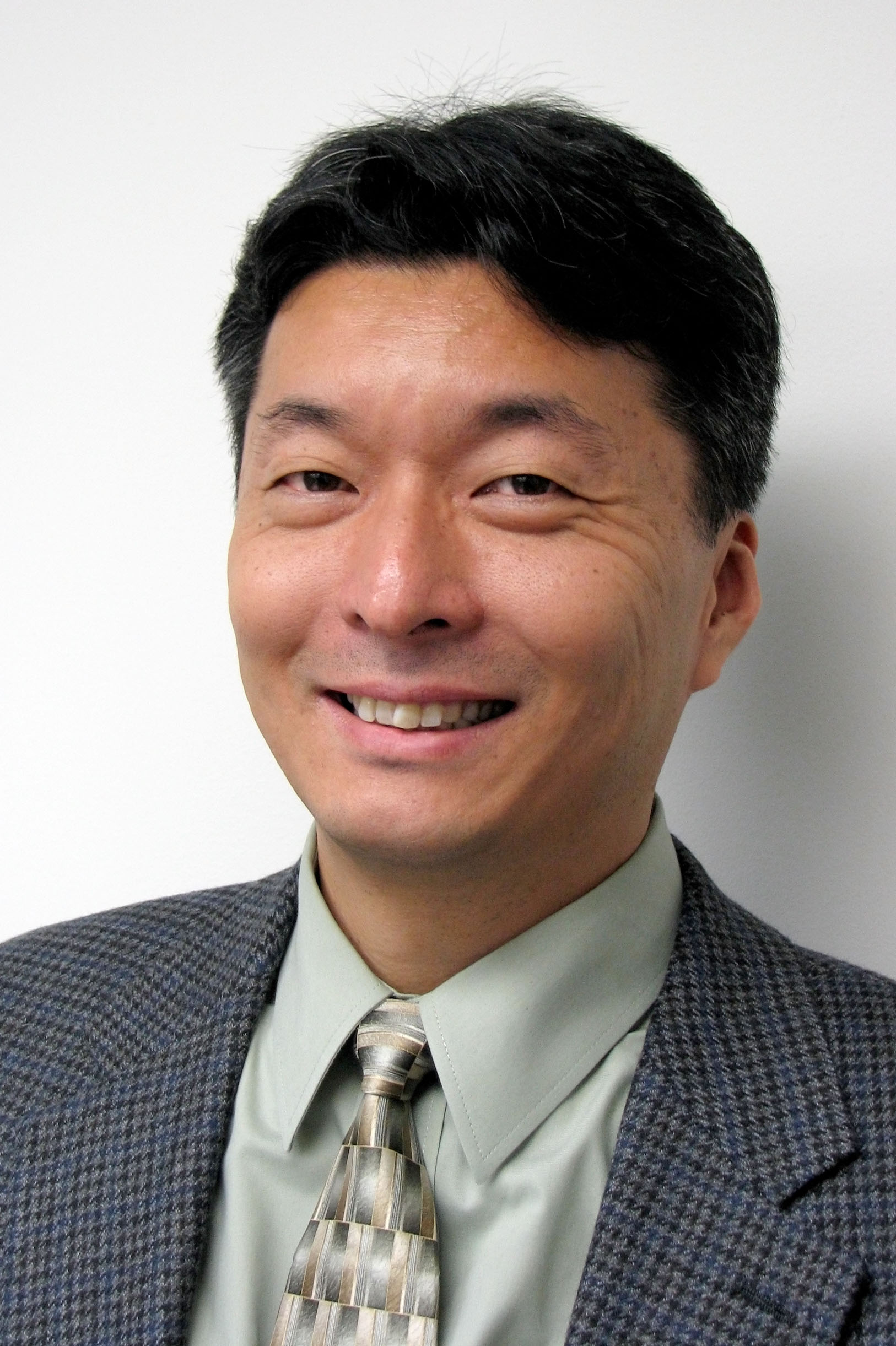News Story
Ichiro Takeuchi Elected Fellow of the Materials Research Society

Ichiro Takeuchi Ph.D.’96, a professor in the Department of Materials Science and Engineering, was named a Materials Research Society (MRS) Fellow for his academic and leadership contributions.
His work on high-throughput methodology, machine learning-enabled materials discovery and elastocaloric cooling invention earned him the recognition that only 0.2% of the society’s members can achieve. He becomes the second faculty in the department with this honor.
“Since my graduate student days, attending MRS meetings was always a major part of my life as a materials scientist. It is a great honor to be elected a fellow of the society,” said Takeuchi.
Takeuchi has one of the largest research efforts in the world in development and application of the combinatorial high-throughput methodology for rapid screening of new functional materials. This methodology allows synthesis and characterization of a large number of compositionally different materials. By surveying large compositional variation in an individual “library” experiment, one can quickly attain a panoramic view of how materials properties change as a function of composition. Such studies are extremely data intensive because of the sheer number of samples involved in each experiment.
“We have always generated too much data from our high-throughput experiments, and this is how we “accidentally” started doing machine learning twenty years ago when it was still new in many engineering disciplines,” Takeuchi explains.
One combinatorial study was in search for shape memory alloys with long fatigue life. The work was funded by National Institutes of Health, and it was originally carried out for the purpose of finding better alloys for medical stents. While trying to figure out what to do with the alloys they discovered, Takeuchi and collaborators realized that shape memory alloys can be used for a cooling mechanism through absorbing heat. Such a solid-based cooling technique avoids the use of fluid coolants with environmental repercussions while consuming less energy. This is how thermoelastic (also known as elastocaloric) cooling was invented, and it became the University of Maryland’s Invention of the Year in the physical sciences category in 2010, jointly awarded to late Professor Manfred Wuttig. In this technology, materials remain in solid state while absorbing heat, which is unique from conventional refrigerants like hydrofluorocarbons, which work by shifting between gas and liquid phases.
Because hydrofluorocarbons used in conventional vapor compression cooling are super-polluting greenhouse gasses with extremely high global warming potentials, environmentally-friendly elastocaloric cooling continues to attract significant attention as an alternative cooling technology, and there are now many groups around the world trying to make solid state refrigerators. Takeuchi also has a start-up company dedicated to commercializing elastocaloric cooling. Boasting 260 watts of useful cooling power, and with a maximum temperature span of 22.5 degrees Kelvin, among the highest reported, the latest effort on the elastocaloric cooling system earned a publication in the journal Science last year.
Another important focus of Takeuchi’s research program is autonomous materials science. This is a natural extension of his long-standing work on high-throughput materials synthesis. Autonomous systems work as self-navigating laboratories driven by AI. He has successfully applied an on-the-fly autonomous closed-loop scheme to discover a best-in-class phase change memory material, which was published in the journal Nature Communications.
He has also developed LEGO-Based Low-Cost Autonomous Science (LEGOLAS), which represents an effective platform to teach undergraduate and graduate students autonomous physical sciences in an active learning environment. This was published in the MRS Bulletin, and presented in last month’s United States Senate Robotics Showcase.
Takeuchi plans to continue working on accelerating the synthesis of materials for a variety of applications including electronics, telecommunication, energy conversion, computation, among others, to solve society’s pressing challenges in a faster approach.
“Technological advancements are driven by materials discovery, which took thousands of years for us to get to where we are today. If we can accelerate materials discovery, we can also enhance the way that society advances,” he said.
Published May 29, 2024









